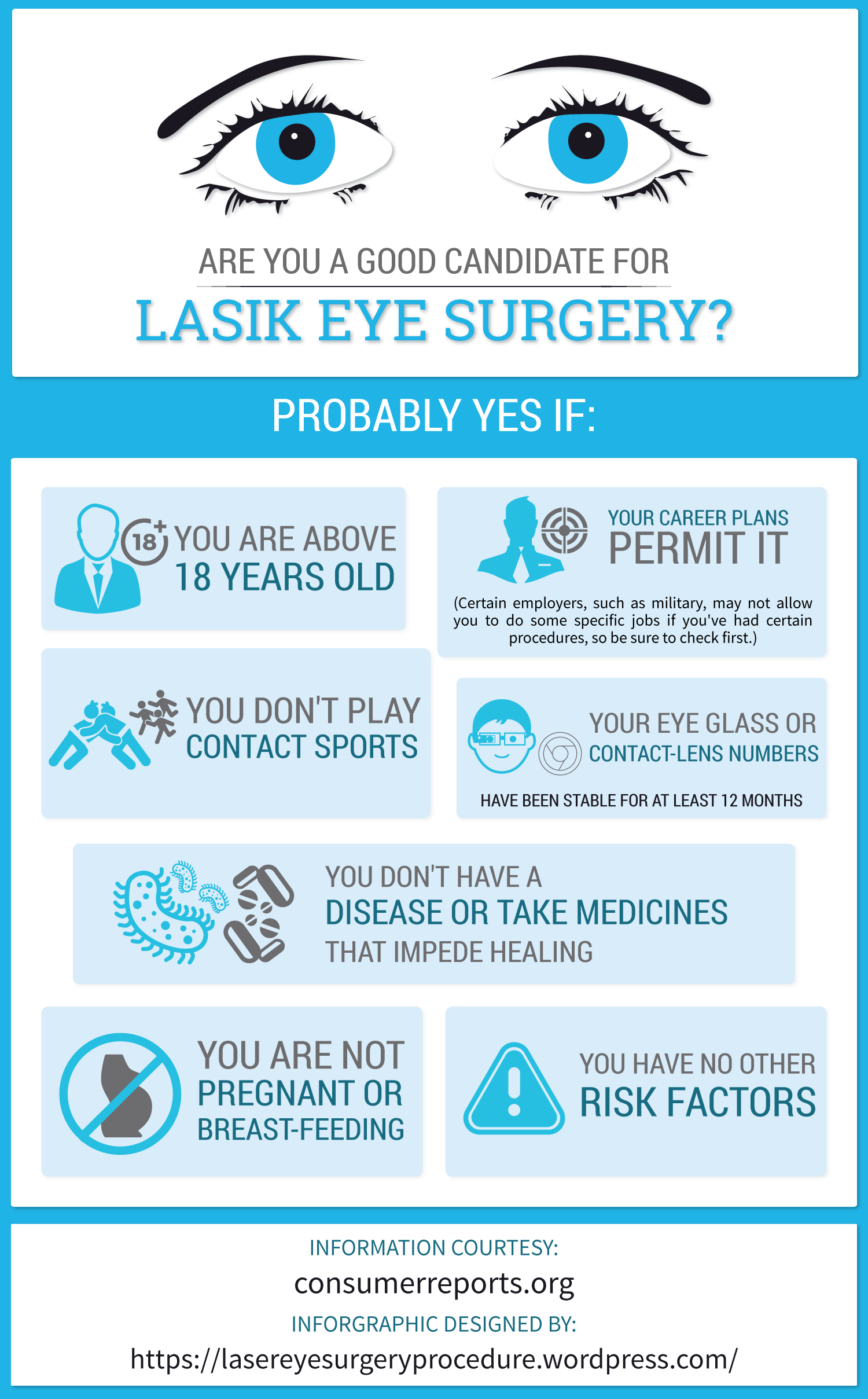Exactly How To Support A Loved One Encountering Cataract Surgery: A Caretaker'S Point Of View
Exactly How To Support A Loved One Encountering Cataract Surgery: A Caretaker'S Point Of View
Blog Article
Material Create By-Spencer Crosby
As a caretaker sustaining an enjoyed one dealing with cataract surgical treatment, your duty is important in guaranteeing their comfort and recuperation. From pre-surgery prep work to post-operative care, your visibility and assistance can make a considerable difference in their trip. Understanding source for this article and physical obstacles they may come across, giving useful aid, and being their column of support are key elements in this process. Keep in mind, your duty surpasses just supplying support; it has to do with being a source of strength and convenience throughout a substantial phase in their life.
Comprehending Cataract Surgical Treatment Process
Exploring the steps associated with cataract surgery can aid minimize any anxiousness or unpredictability you might have about the procedure. Cataract surgical procedure is an usual and highly successful procedure that entails eliminating the cloudy lens in your eye and changing it with a clear fabricated lens.
Before the surgical treatment, your eye will be numbed with eye decreases or a shot to ensure you don't feel any kind of discomfort during the procedure. The surgeon will certainly make a small laceration in your eye to access the cataract and break it up utilizing ultrasound waves prior to carefully removing it.
As soon as the cataract is eliminated, the artificial lens will be placed in its area. The whole surgical treatment generally takes around 15-30 minutes per eye and is normally done one eye each time.
After the surgical procedure, you may experience some light pain or obscured vision, yet this is regular and must improve as your eye heals.
Readying for Surgical Procedure Together
To ensure a smooth and stress-free experience, preparing for cataract surgical treatment together can make a substantial distinction in your loved one's trip. Start by participating in pre-surgery appointments with them. In this manner, you can ask questions, comprehend the procedure, and offer emotional support.
Help them organize their pre-operative guidelines, medicines, and transportation to and from the surgical center. Make sure their home is ready for their healing by establishing a comfy space with very easy access to vital items.
Assist them in arranging for post-operative care if required, such as aid with meals or family jobs. Urge them to adhere to the doctor's advice regarding fasting prior to surgical procedure and medication protocols.
Assure them that you'll be there for them every step of the way. By proactively joining the prep work procedure, you can minimize anxiousness and make sure that your liked one feels sustained and taken care of during this vital time.
Post-Operative Care Tips
After cataract surgical treatment, giving proper post-operative care is critical for your liked one's recovery. Ensure they wear the safety guard over their eye as instructed by the medical professional. Help them provide prescribed eye drops and drugs on schedule to prevent infection and aid healing.
Urge your liked one to avoid touching or scrubing their eyes, as this can lead to problems. Help them in adhering to any kind of constraints on flexing, raising heavy objects, or taking part in exhausting tasks to avoid strain on the eyes. Make sure they attend all follow-up visits with the eye medical professional for keeping track of development.
Maintain the eye location clean and completely dry, staying clear of water or soap straight in the eyes. Encourage your liked one to wear sunglasses to protect their eyes from bright light and glow throughout the recovery procedure. cataract surgery versus lasik and encouraging as they recuperate, using help with everyday tasks as needed.
Final thought
Finally, supporting a loved one via cataract surgery entails being there every step of the way, from pre-surgery prep work to post-operative treatment. Your emotional support, functional assistance, and inspiration can make a considerable distinction in their recuperation procedure. By staying educated, organized, and attentive to their requirements, you can aid guarantee a successful outcome and provide them with the convenience and confidence they require throughout this difficult time.
